⛧ Goêteia, Greco-Egyptian Polytheism, & Daemonism. History of the occult & magic ⛧
Don't wanna be here? Send us removal request.
Text
When Apelius was put on trial, he was accused of using magic to seduce his wife. His defense was "if I really was a powerful enough sorcerer to seduce my wife, what punishment could the court possibly sentence me to?"
2K notes
·
View notes
Text

My take on King Paimon 🤴 🐪
I can't wait to start working with him!
82 notes
·
View notes
Text
Ancient Egyptian Books on Religion and Magic from Antiquity
People have a hard time finding reliable sources, so here are some recommendations from the ancient world including both religious texts and magical:


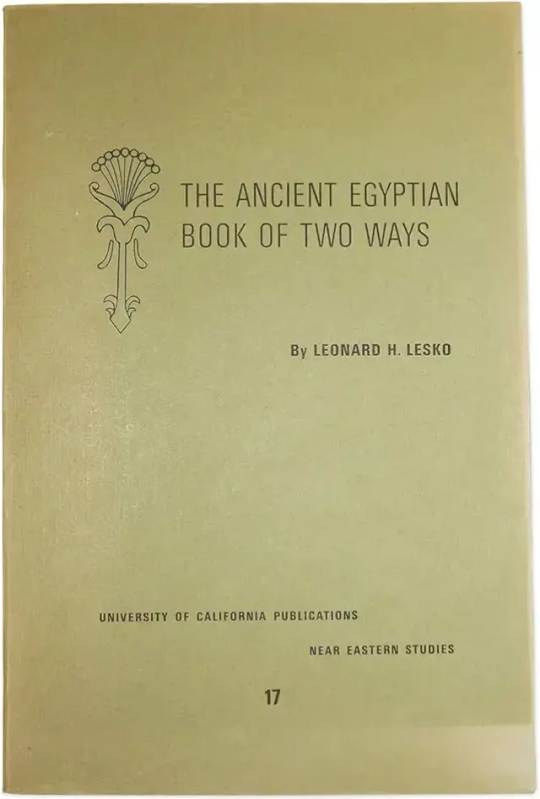
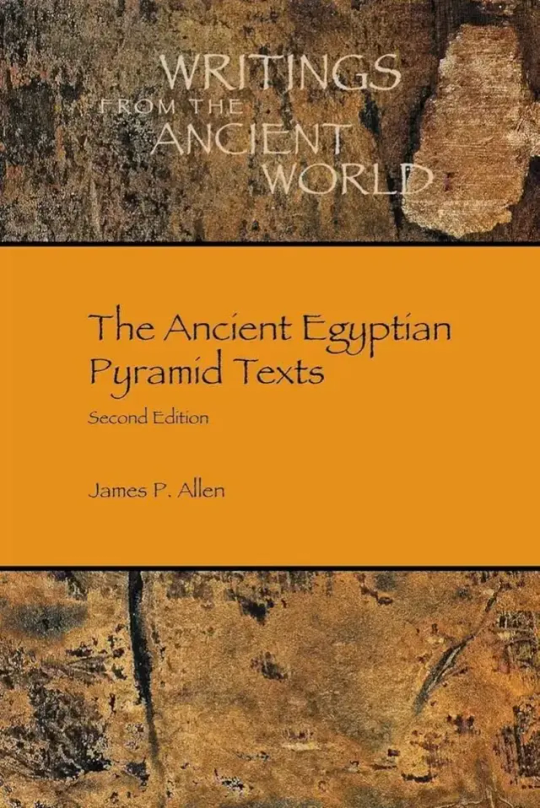
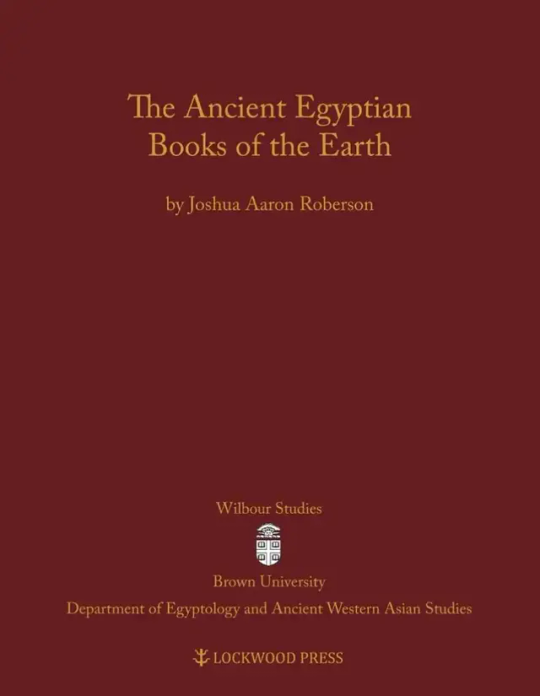

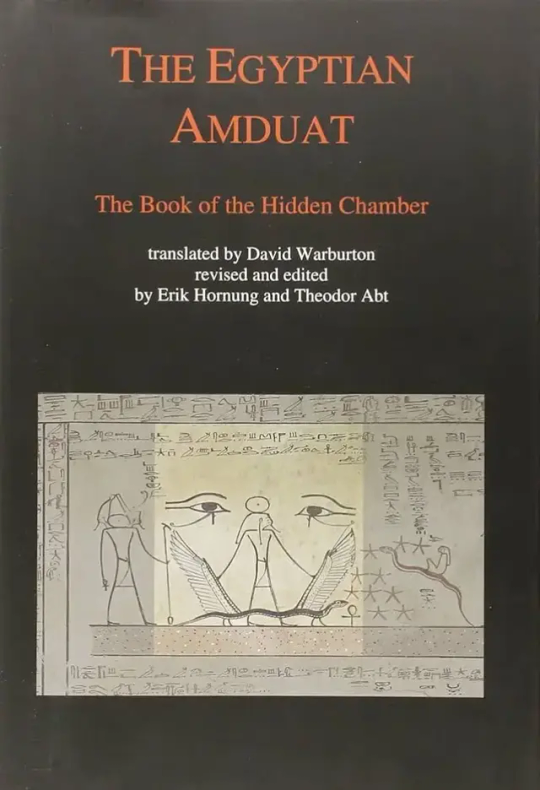
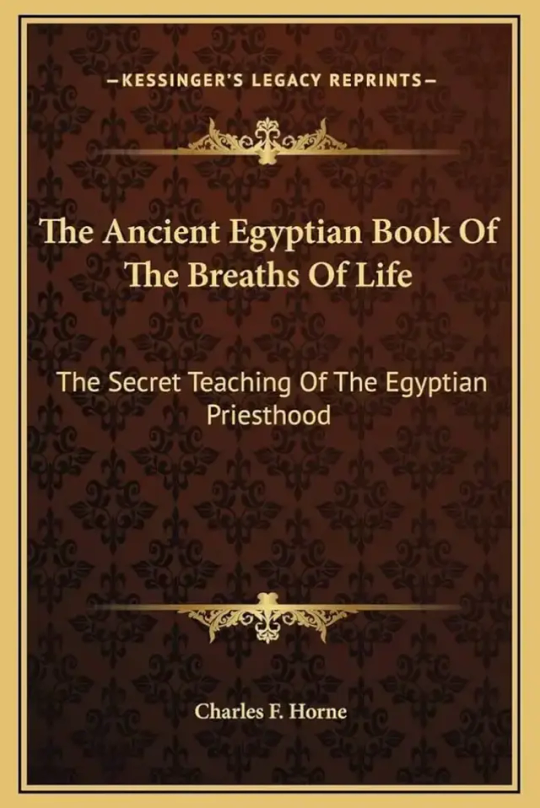
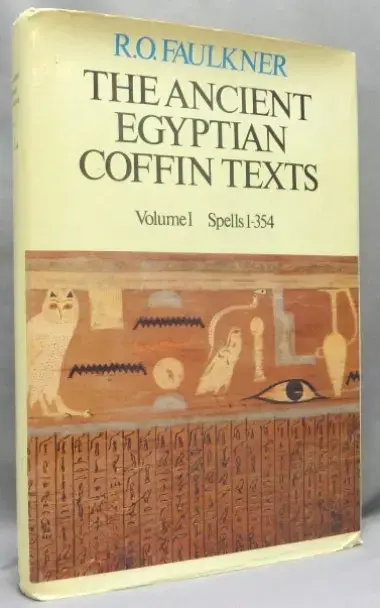

#ancient history#ancient egypt#book recommendations#history#greco egyptian polytheism#kemeticism#paganism#polytheism#ancient magic
197 notes
·
View notes
Text
Goêteic Almanac: A 101 Guide on how to begin ancient sorcery
I've been gone a minute, been working on moving abroad and finishing up my book on ancient ritual magic- should be done by June/July 2025.
However, I've compiled the most important information on how to get started with sorcery all in a simple guide! A simple resource of everything we have covered on the patreon in the past 2 years, how to begin sorcery! We cover ritual robes, makeup, tools, spell ingredients, magical hours, moon phases, incantations, protective magic, simple ancient divination methods, and some secret names of the gods which have never been shared here before!
You can check it out on my patreon










#ancient history#greek sorcery#goêteia#hellenic pagan#witchblr#hellenic polytheism#Greco-Egyptian Polytheist#greco egyptian polytheism#my media#ritual magic#sorcery#occult#occultism#wands#staffs#incantations#magic words#veiling#divination
77 notes
·
View notes
Text

Hypatia, you deserved so much better
195 notes
·
View notes
Text
"White and Black" Magic & Esoteric Racism
it completely fucking BAFFLES me how even in the year 2024 people in "witchy" or "pagan" circles still. use outdated terms like "black" or "white" magic like do y'all really not do ANY research whatsoever? Like yeah, sure, people don't think critically enough these days but is it not BLATANTLY OBVIOUS?
hello??
Y'all need to PUT DOWN YOUR PHONES and actually pick up a book, I'm begging, research doesn't end at a google search or tumblr tags!!
You have to research EVERY TERM, every word, every author, creator, every SOURCE. Because half the shit ya'll "spiritual/progressive" people use comes from blatant racism and even literal nazism.
The Akashic records? Blavatsky, a rich European woman, who not only promoted esoteric race science with the belief in "root races" believing the Aryans to be the world's saviors and appropriating Hinduism, but inspired the Germans to use the swastika. (x)
The term "magick?" with the ICK? Comes from Aleister Crowley who created his own "religion" of Thelema to differentiate his "higher magic" from practices he deemed inferior. His works promoted similar to Blavatsky on the esoteric racism, but believeing every race had a "calculated destiny" and of course he believed his was superior even publishing a work titled "The Great White Brotherhood"
(read more here if you can stomach it.)
As far as the terms "black" and "white" magic, this article here explains why it's harmful pretty well.
Y'all need to stop with the excuses and do the work.
97 notes
·
View notes
Text

#my media#ancient history#history memes#ancient fashion#fashion history#ancient greece#minoan#babylon#ancient Egypt
241 notes
·
View notes
Text

267 notes
·
View notes
Text
love how Dio popularized the 🤘(La Corna) at concerts because he saw his Italian grandmother doing it. The Horns are an ancient form of magic (apopotraia) that wards off evil, like the Nazar, dating back all the way to Mycenaean creece (some argue Minoan Crete)

91 notes
·
View notes
Text
Incantation to Evoke the God Helios:
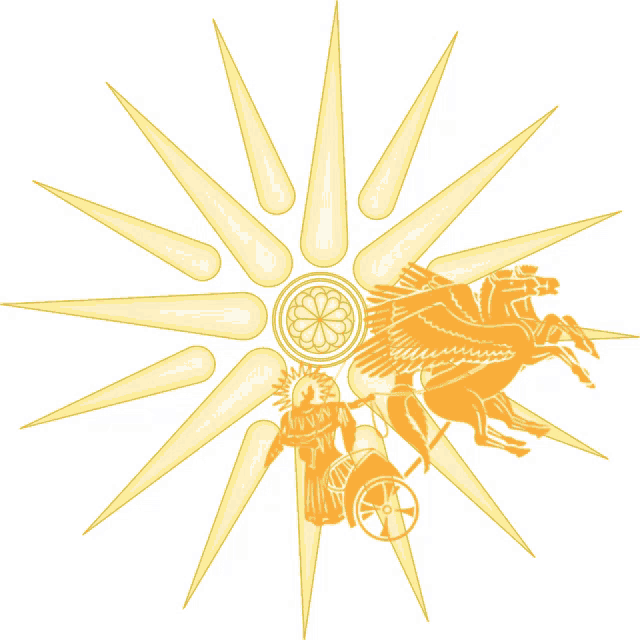
[According to the Greek Magical Papyri]
BIATHIARBAR BERBIR SCHILATOUR BOUPHROUMTRŌM
DANOUPHI CHRATOR BELBALI BALBITH IAŌ
ECHEBYKRŌM
AAA ŌŌŌ SABAŌTH ARBATHIAŌ ZAGOURĒ
ARATHY ADŌNAIE
ARAI
LAILAM
ANOCH BIATHIARBATH BERBIR ECHILATOUR BOUPHROUMTROM
ALDABAEIM
ABRASAX
CHI CHI CHI CHI CHI CHI CHI TIPH TIPH TIPH
MENEPHŌIPHŌTH CHA CHA CHA CHA CHA CHA CHA
The popping and hissing which follow are examples of poppysmos, or magical ritual utterances associated with the creator god mentioned in the London-Leiden Papyri. Of course, more than 9 names are listed here but they seem to be differing translations of one another, spanning Egyptian, Greek, Hebrew, and even Gnostic belief and language.
#ancient greece#greek sorcery#goêteia#hellenic pagan#witchblr#hellenic polytheism#incantations#ancient history#helios#pgm#greek magical papyri
42 notes
·
View notes
Text
Tired of zionists claiming it's anti-Semetic to talk about the origins of Judaism from the Yahwists following their break off from the Caananites, or to talk about the Babylonian and Egyptian influences. Tbh it feels racist "ew those dirty filthy Egyptians/Babylonians/Caananites they were so evil" like girl bffr
23 notes
·
View notes
Text
You clearly didn't read the book, either. And no, the introduction is not enough.
First of all, you're right. The Zohar was only written down in the 12-13th centuries and was an oral tradition previously. However, if you had read the book I referenced, you would have noticed this passage:

"Here too [with the discovery of the PGM] we can replace hostile outsider literature with primary insider sources"
revealing the Greek Magical Papyri as a syncretic Jewish text.
The PGM was used by Magi, who were of Jewish, Egyptian, Greek and even Persian origin. It wasnt "theft" nor was it racism, syncretism occurs when one culture or religion lives alongside another. You're confusing syncretism with appropriation, which it would be, if Jewish people didn't also practice this.
The Greek Magical Papyri itself, despite its name, originates in Egypt written by EGYPTIAN lector-priests and Jewish practitioners, not "racist Greeks" as you assumed based on the title, any scholar who's studied the PGM knows this, even Preisendanz who wrote the original translation. It incorporates a beautiful syncretism of Jewish, Egyptian and Greek belief that exemplifies the highly syncretic cultures of the time period and location.
As for your claims that Jewish magic is older, yes it is older than at least the later sources on goêteia like the PGM, but we are specifically discussing Kabbalah, a very specific type of Jewish practice that is FAR different than ancient Jewish 'magical' practices like we see from Babylon.
As for your claims of goêteia being newer, that is vastly untrue. Yes, the Greek Magical Papyri itself was written between the 100s BCE and the 400s CE, however goêteia was practiced as an oral tradition itself back to the Archaic Period of Greece, attested by writers like Homer. Much of goêteia itself doesn't even originate in Greece, rather, there was a complex syncretism between Egypt and Greece that occurred over a few thousand years. Even Herodotus, albeit not the best source, states that Greek religion was mainly "of Egyptian import."
There is another book you should try reading reaffirming the influences of goêteia as well as the later Pythagoreans and Gnostics onto Kabbalah,

Pythagoreanism and neo-platonic philososophy specifically being where we get ideas like the Tree of Life from, the concept of the universal spheres, which themselves have earlier origins in Mesopotamia.

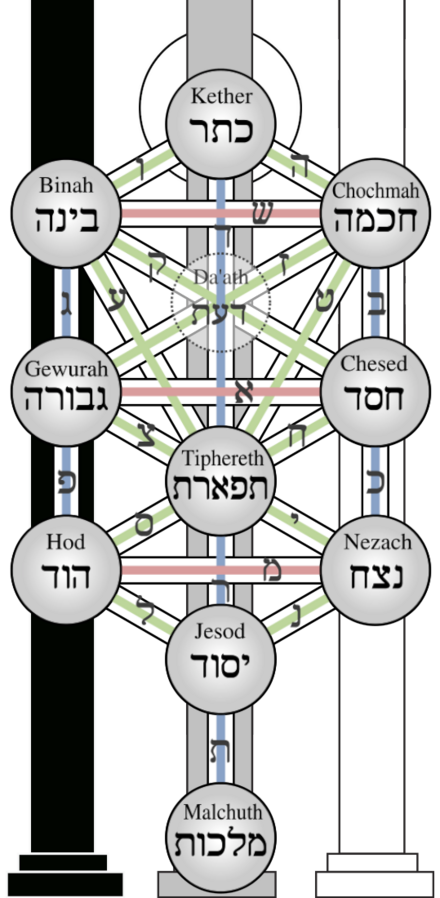
Jewish scholar Rebecca Macy Lesses also writes on this, specifically stating how the PGM is an example of early Jewish magic:

In "How to Make a Magician: Kabbalah, Psychotherapy, and the Mechanics of Syncretism in Colette Aboulker-Muscat’s Waking Dreamwork" by Marla Segol, we can read this of Rebecca Macy Lesses:


This passage cites multiple Jewish scholars who are speaking on how early Judaism shared a cosmology with their neighbors, i.e the Greeks, Egyptians, and Babylonians.
Michael Shwartz notes that parallels to a Jewish magical passage can be found in Hellenistic (Greek) magic.
You are perpetuating Zionist BS claims of Judaism being a religion that has no outside influence or predecessors, which is entirely inaccurate no matter how you "feel" about that.
Much of Judaism was influenced by Babylonian and Egyptian beliefs, as they lived among each other for centuries. Even before that, Judaism formed from the Yahwists, a separatist group that broke away from the Caananite pantheon.
And ohno, look here, more of the book you didn't read explaining how Greeks and Egyptians aren't the only ones to synchronize Jewish belief, early Muslims did too:

Are you going to call them racist thieves, in addition to the Egyptians? Hm?
And oh look, MORE in the book you didn't read!

Quite literally a SCHOLOR OF KABBALAH stating how Kabbalists use THEURGIC SYMBOLIC LANGUAGE, Theurgy being a tradition that comes from goêteia. It is the same practice, the term "theurgy" only makes the distinction between magical practice for personal use vs getting closer to the divine.
Calling an Indigenous person "racist" for simply stating historical facts, then going on to call [who you assumed were Greek bc of your ignorance] Egyptians and Muslims "racist" thieves yourself is absolutely disgusting and again, ignorant.

Stop perpetuating Zionist ideals, and stop insulting the beautiful origins of Judaism. Just because Judaism had outside influences doesn't make it "bad" or "wrong" and certainly doesn't mean we should ignore them or re-write history.
It is NOT anti-Semetic to talk about the historic influences and origins of Judaism. Cope.
Before you get angry next time, try reading the cited text and actually studying the sources being discussed beyond a simple Google search yourself.
People keep confusing the Ars Goetia with goêteia. Your use of "goetia" and not "goêteia" in your reply shows that you think I'm speaking about the Ars Goetia, a later medieval text rather than the bronze age tradition. Kabbalah originated in the 12th–13th centuries- The Zohar, the foundational text of Kabbalah, was authored in the late 13th century. Whereas goêteia was practiced by Greeks, Egyptians and Jews well before the 1st CE. According to anthropologist Yuval Harari in "Jewish Magic before the Rise of Kabbalah" goêteia was a predecessor to later concepts of Jewish magic. In the Greek Magical Papyri, a Greco-Egyptian text written in the Late Temple Period in Thebes, Egypt, there are numerous spells and evocations written by Egyptian and Greek Jewish magi calling upon angels and the ineffable names of god, all predating Kabbalah by thousands of years. This is your history too. Instead of being ignorant, try reading up before fighting. If you can't accept facts, idk what to tell you. @apolloforetoldus

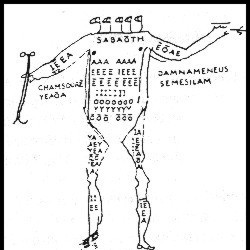
#ancient history#goêteia#caananites#ancient greece#pgm#greek magical papyri#magi#ancient egypt#Kabbalah#witchblr
55 notes
·
View notes
Text
Reblogging again bc some of y'all are hot headed dumbasses
The Ars Goetia (goetia) and Goêteia are two different things y'all please.
The Ars Goetia is a medieval text on demons which gets it's magical procedures and name from Greek Goêteia, which just means sorcery. Goêteia is ruled over by Hekate.
35 notes
·
View notes
Text
People keep confusing the Ars Goetia with goêteia. Your use of "goetia" and not "goêteia" in your reply shows that you think I'm speaking about the Ars Goetia, a later medieval text rather than the bronze age tradition. Kabbalah originated in the 12th–13th centuries- The Zohar, the foundational text of Kabbalah, was authored in the late 13th century. Whereas goêteia was practiced by Greeks, Egyptians and Jews well before the 1st CE. According to anthropologist Yuval Harari in "Jewish Magic before the Rise of Kabbalah" goêteia was a predecessor to later concepts of Jewish magic. In the Greek Magical Papyri, a Greco-Egyptian text written in the Late Temple Period in Thebes, Egypt, there are numerous spells and evocations written by Egyptian and Greek Jewish magi calling upon angels and the ineffable names of god, all predating Kabbalah by thousands of years. This is your history too. Instead of being ignorant, try reading up before fighting. If you can't accept facts, idk what to tell you. @apolloforetoldus


55 notes
·
View notes
Text
There is an ancient spell to summon a mysterious god to change your fate: the only catch; you can't cry when he tells you what yours is supposed to be. That, and sacrificing two roosters


25 notes
·
View notes
Text
The demiurge might be real after all because why is life just all this suffering
4 notes
·
View notes
Text
Books for Hellenic polytheists! 📚
For an easy overview of ancient Greek religion, read Jon D. Mikalson’s Ancient Greek Religion and Ancient Greek Cults: A Guide by Jennifer Larson.
For a complete overview of the key concepts of ancient Greek religion, read The Oxford Handbook of Ancient Greek Religion and A Companion to Greek Religion.
1K notes
·
View notes